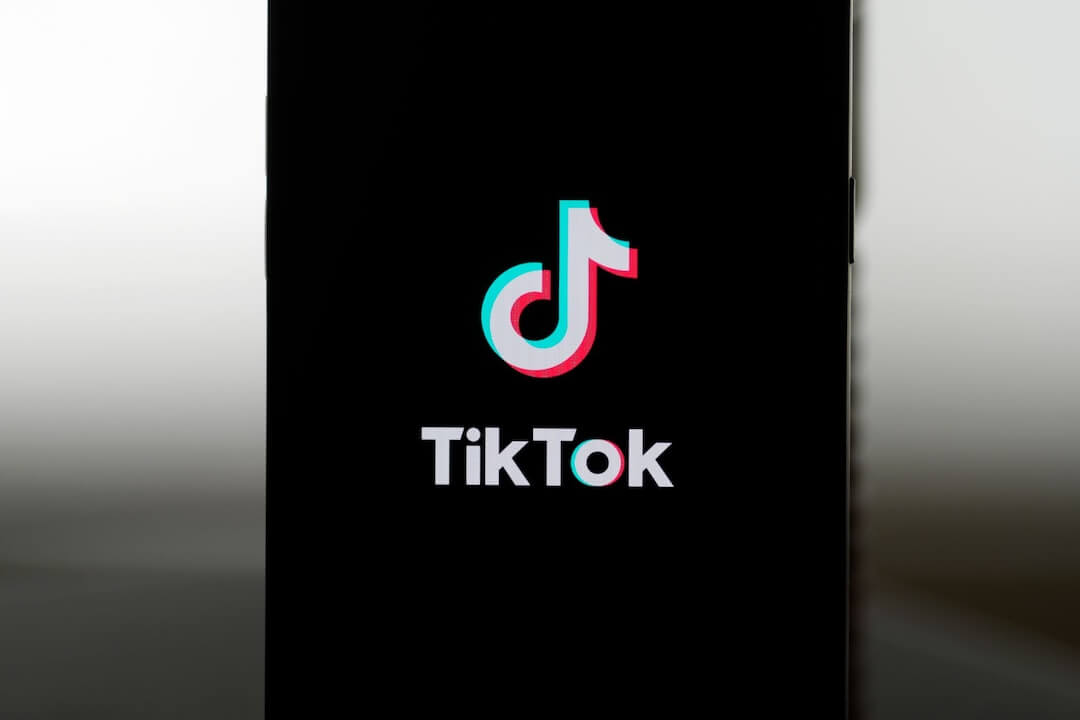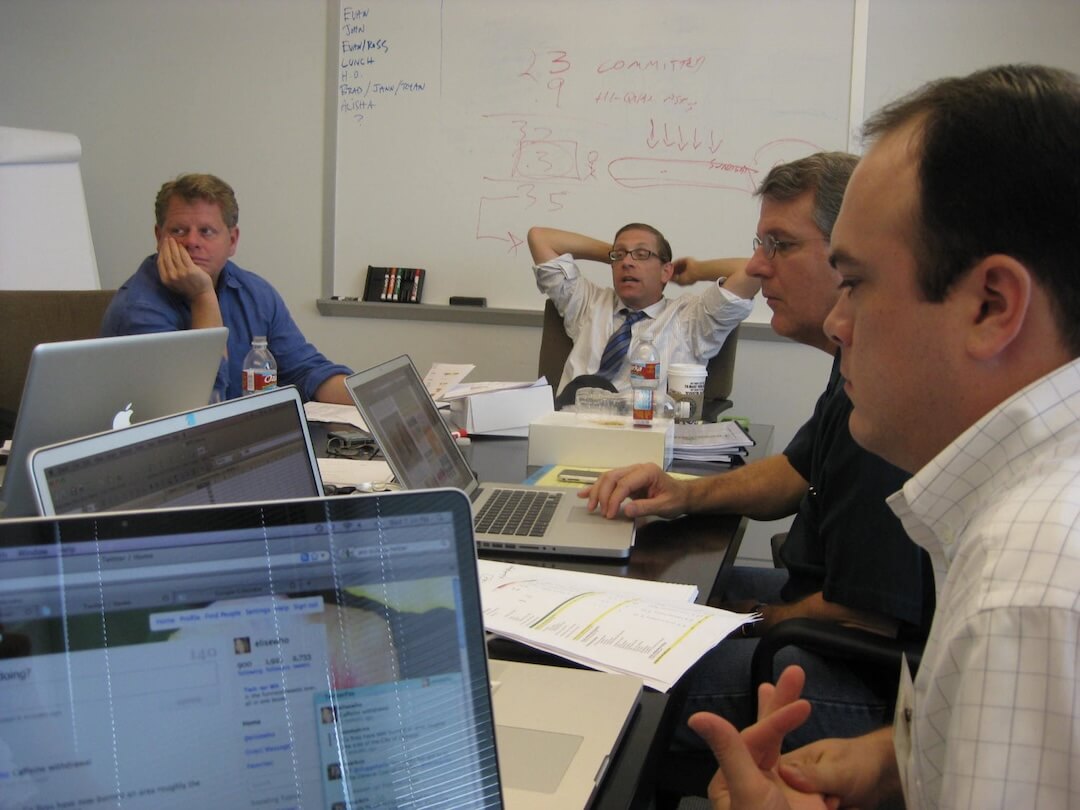The Week in Fact-Checking is a newsletter about fact-checking and accountability journalism, from Poynter's International Fact-Checking Network & the American Press Institute's Accountability Project
Keeping tabs on misinformation in the EU
Much of the global conversation around misinformation has centered around the United States: its politics, platforms and polarized public. But other players are going to play an increasingly important role. For that reason, the IFCN will be publishing a fortnightly roundup of press coverage on the topic from EU outlets or about EU actors. In this week’s issue: The Austrian foreign minister calls a journalist “Pinocchio” and fake news — and gets sued, the United Kingdom Embassy in the U.S. apparently chose not to host a parliamentary committee on “fake news” to avoid political hiccups and much more.
Staying in the EU: some of its efforts to curtail the influence of online misinformation have come up against legal action. Poynter’s Daniel Funke reports that three Dutch publications are suing over its EUvsDisinfo project, which they say erroneously labeled them as sources of disinformation in an online database. The news sites, which range from a regional newspaper to a small, right-leaning blog, are asking for the EU to remove those accusations and publish a correction or pay a €20,000 fine per day the content remains online.
This is how we do it
- A new report from the Reuters Institute takes stock of different automated fact-checking initiatives around the world — and the future looks bright. Above is a video from the IFCN on how to prepare your newsroom for these tools.
- The fact-checking outfit Demagog.cz is taking financial transparency to a whole new level.
- Claire Wardle of First Draft is maintaining a running list of some of the best reporting on disinformation.
This is bad
- First, it was imposter tweets. Then, someone spread fake screenshots — apparently on Snapchat — of a Miami Herald story about more school threats in South Florida, stoking fears among parents and students.
- Germany's main tabloid fell for a satirical newspaper's planted hoax. That started a national conversation around fake news.
- YouTube’s conspiracy theory problem might be bigger than we previously thought.

This is fun
- No, “SpongeBob SquarePants” is not ending in March.
- Repubblica calls Italian fact-checkers and Facebook partners “social network street sweepers”
- Fake resume: This Five Star Movement candidate isn't an economist, but she reads The Economist.
A closer look
- “Why can everyone spot fake news but YouTube, Facebook and Google?” BuzzFeed News’ Charlie Warzel asks.
- A viral death hoax about Sylvester Stallone exposed a major flaw in Facebook’s fact-checking tool: Memes. And in the coming weeks, the platform will start allowing fact-checkers to debunk images.
- CJR’s Mathew Ingram takes an in-depth look at “computational propaganda” on social media platforms.

If you read one more thing
Why we should stop blaming everything on Russian bots.
Quick fact-checking links
This Canadian government official wants to save democracy from fake news. But how will she do it? // Remember that New York Times story about fake Twitter followers? Turns out media companies have the same problem. // The Italian National Institute of Health launched a website debunking medical fake news. // Fact-checking that famous mistake at the Oscars. // An update to Meedan’s fact-checking platform automatically saves links to the Internet Archive. // Here’s what this data scientist did about fake news in his Facebook feed. // Michigan public radio and Bridge Magazine are partnering to fact-check the 2018 U.S. elections. // How conspiracies about the Parkland shooting spread from 4chan and Reddit to the mainstream media. // A strong candidate for correction of the year. // The EU’s public consultation on fake news received a lot of contributions. // Correctiv looks at Italy’s “Pinocchio Polizei” which apparently is keeping busy.
Until next week,







